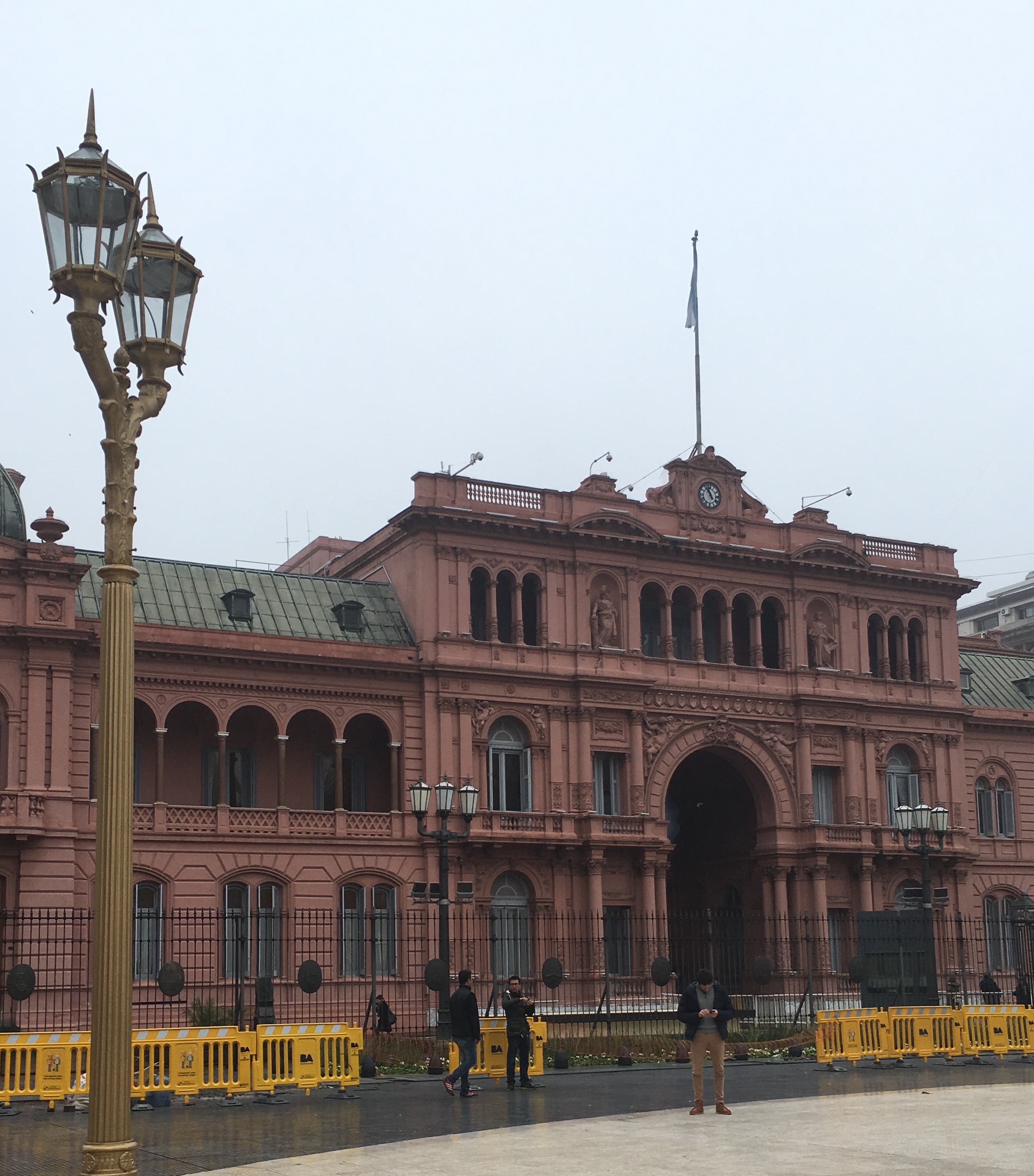
As a high school sophomore, I was confident I could take over the world. My goal was always to achieve fluency in Spanish, and traveling to a Spanish-speaking country would be the ultimate way to test myself. When I told my peers I was planning to study abroad over the summer, they threw lots of words around. Maturity. Confidence. Preparation. The word I never heard? Directions.
The first time I got lost was also the first night I was in Buenos Aires, Argentina. I was living with a family in Palermo, which was known for its nightlife and immensity. Neither one of these was advantageous when I left the Sube station, after dark, at the wrong stop. I quickly pulled out my phone to call my trip director, only to find that it had died. My savior was an Argentinian man carrying his sleeping daughter bundled up against the chilly night. He walked me to my apartment to make sure I got there safely, all the while shaking his head at “Yanquis” and telling jokes to put me at ease. He talked about his daughter, Paloma, who was barely three and how if she was ever lost in an unfamiliar place, he would hope that a stranger would help her like he did. I saw my own dad in him and even though I was thousands of miles away from my hometown, I felt utterly safe.
The second time I got lost, I was living in Recoleta. Each morning I walked twenty minutes to the school, Academia Buenos Aires, where I took Spanish classes daily. I normally trekked with a few other gals in my program, but on this fateful day, I was walking alone. I wanted to people watch in a city that was such a stark contrast to my life in suburbian North Carolina. I saw locals rushing to work, tourists taking pictures of the aureate architecture, vendors selling avocados or art on the streets, and men yelling “casa de cambio” on every block. I was in awe of the famous Argentinian sites and their unique histories. Places such as Casa Rosada, where Eva Peron gave her famous speech, Plaza de Mayo, where las Madres de Plaza de Mayo () have been looking for information on their missing children, los desaparecidos, since the seventies, and the Obelisco, a symbol of Argentinian pride, were incredible to see. While ogling all these sites, a thought occurred to me: I don’t normally see them on my way to school.
I retraced my footsteps in my head, but the only thing I could determine, was that I was lost again. I pondered my dilemma before deciding that the best course of action would be to buy one of the empanadas I had seen in a shop a block back. When I bought my empanada, the woman working the counter gave me directions and the best empanada I have ever eaten. When I told her this, she smiled and told me how she used her family’s recipe that had been passed down for generations. She told me her name was Mariana, sparking a discussion about her family’s history, their daily life, and I told her about my family. I ended up missing my class that day, but I learned more from that conversation with Mariana than I could ever learn in school.
Each time I got lost, I connected with people who were willing to help me. They lived different lives than me, yet we still were able to bond over the most important thing: family.
Dear Reader: This page may contain affiliate links which may earn a commission if you click through and make a purchase. Our independent journalism is not influenced by any advertiser or commercial initiative unless it is clearly marked as sponsored content. As travel products change, please be sure to reconfirm all details and stay up to date with current events to ensure a safe and successful trip.